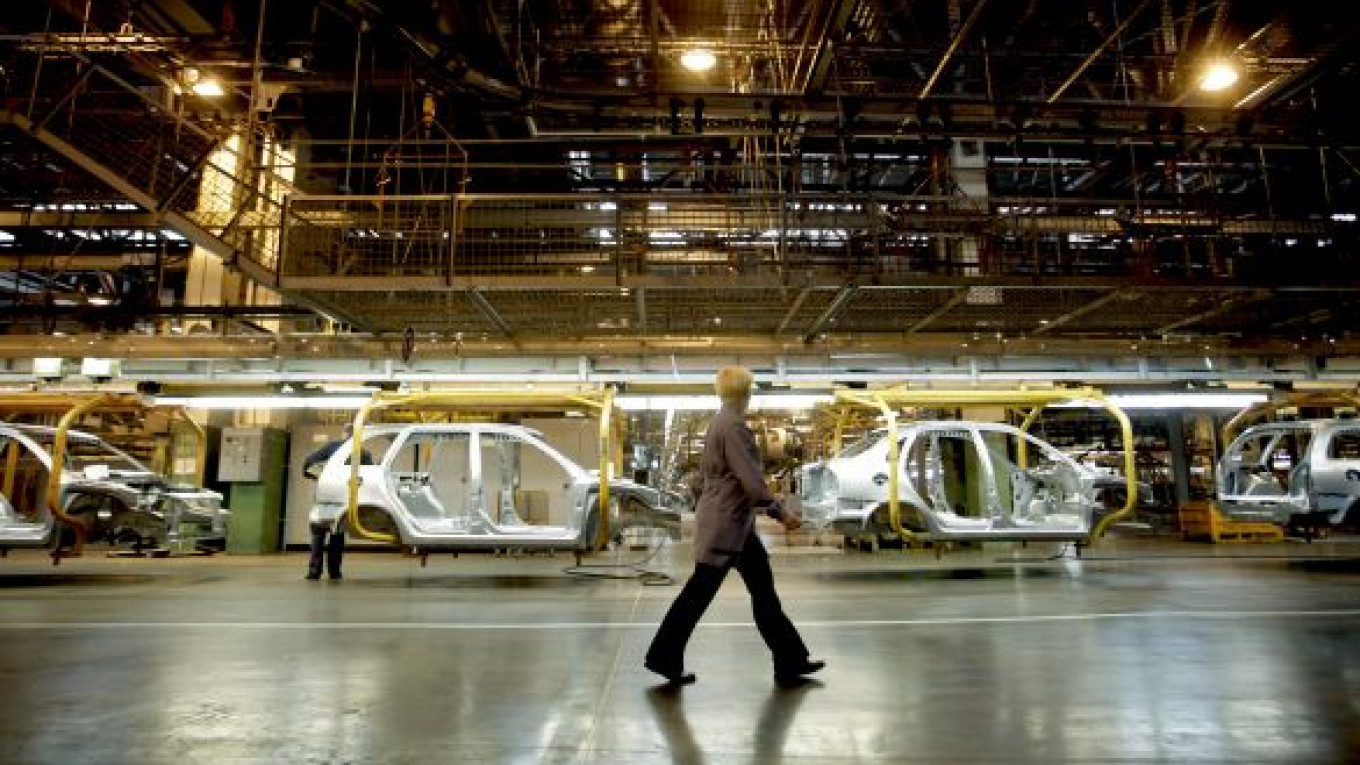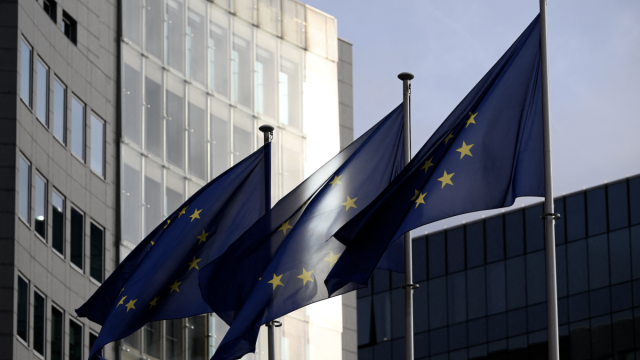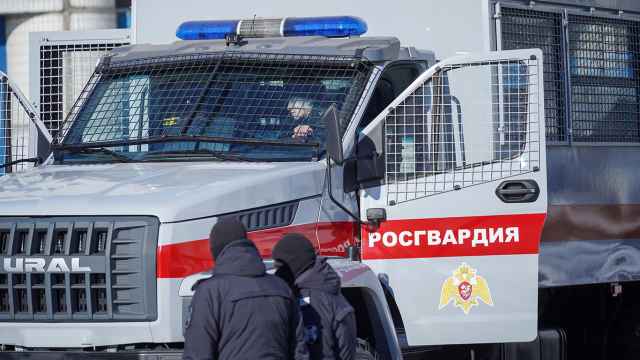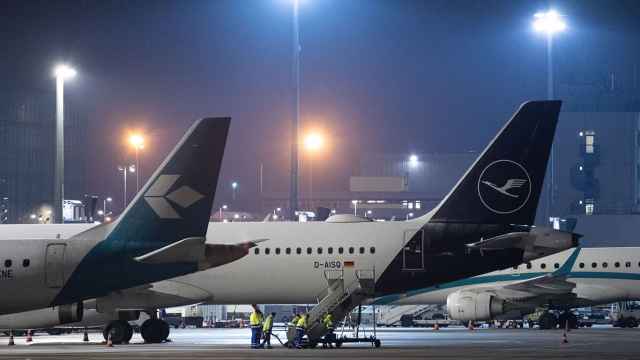Countrywide car sales jumped 50 percent year-on-year in July, making Russia the third-largest European auto market, thanks in large part to the government's cash-for-clunkers program, a report said Tuesday.
Motorists snapped up a total of 161,100 vehicles in July, catapulting Russia from its previous fifth place in Europe in terms of market size, market research agency Avtostat said in the report. Sales were 107,841 in July last year.
Russia currently lags behind Germany, with sales of 237,500 cars, and France, with 169,800, the report said. Sales in Germany and France dipped by 30 percent and 12.9 percent, respectively, it said.
Italy ranks as No. 4, while Britain is fifth.
Overall, the European car market declined by 16.9 percent in July, compared with a year earlier, the report said. Russia had been on track to surpass Germany for the No. 1 spot in 2008, but fell far behind as the economic crisis took hold in the fall of that year.
Russia's higher status stems from the seasonal decline in sales in Europe as well as the successful implementation of the government's cash-for-clunkers program that started in March, Avtostat said.
"In Russia, the cash-for-clunkers program is in full swing," said Sergei Udalov, deputy director of Avtostat.
People rushed to make use of the government's rebates to trade in their used cars for new models because they saw that the government support drove the prices up, Udalov said.
The cash-for-clunkers program includes 200,000 vouchers for rebates worth 10 billion rubles in total, or 50,000 rubles ($1,650) each. Under the program, people can get cars worth no more than 600,000 rubles, and the models are limited to those that are mostly produced in Russia.
Foreign carmakers that produce and assemble in Russia, such as Renault and Nissan, have benefited alongside Russian market leader AvtoVAZ, Udalov said. AvtoVAZ's Lada brand accounted for almost 52,000 of last month's sales, he said.
AvtoVAZ, a joint venture between Russian Technologies and France's Renault, posted a profit of almost 2 billion rubles in the second quarter of this year. It had lost 600 million rubles more than that in the first quarter.
Burned by the economic crisis, carmakers experienced lines for their products because they had expected a relatively small demand, Udalov said.
Earlier this year, the government earmarked another 10 billion rubles to extend the cash-for-clunkers program by issuing an additional 200,000 certificates.
Most European countries had already finished their similar programs, which was likely the reason for the sharp decline in sales. Also, European carmakers traditionally see lower sales in July and August, which are vacation months.
Russia is likely to retain its No. 3 spot in August, Udalov said. Moreover, the cash-for-clunkers program is expected to support the market through the rest of the year, he said, adding that January and February might also be successful in terms of car sales, likely to be followed by yet another seasonal increase next spring.
"There should be no declines," he said.
A Message from The Moscow Times:
Dear readers,
We are facing unprecedented challenges. Russia's Prosecutor General's Office has designated The Moscow Times as an "undesirable" organization, criminalizing our work and putting our staff at risk of prosecution. This follows our earlier unjust labeling as a "foreign agent."
These actions are direct attempts to silence independent journalism in Russia. The authorities claim our work "discredits the decisions of the Russian leadership." We see things differently: we strive to provide accurate, unbiased reporting on Russia.
We, the journalists of The Moscow Times, refuse to be silenced. But to continue our work, we need your help.
Your support, no matter how small, makes a world of difference. If you can, please support us monthly starting from just $2. It's quick to set up, and every contribution makes a significant impact.
By supporting The Moscow Times, you're defending open, independent journalism in the face of repression. Thank you for standing with us.
Remind me later.






